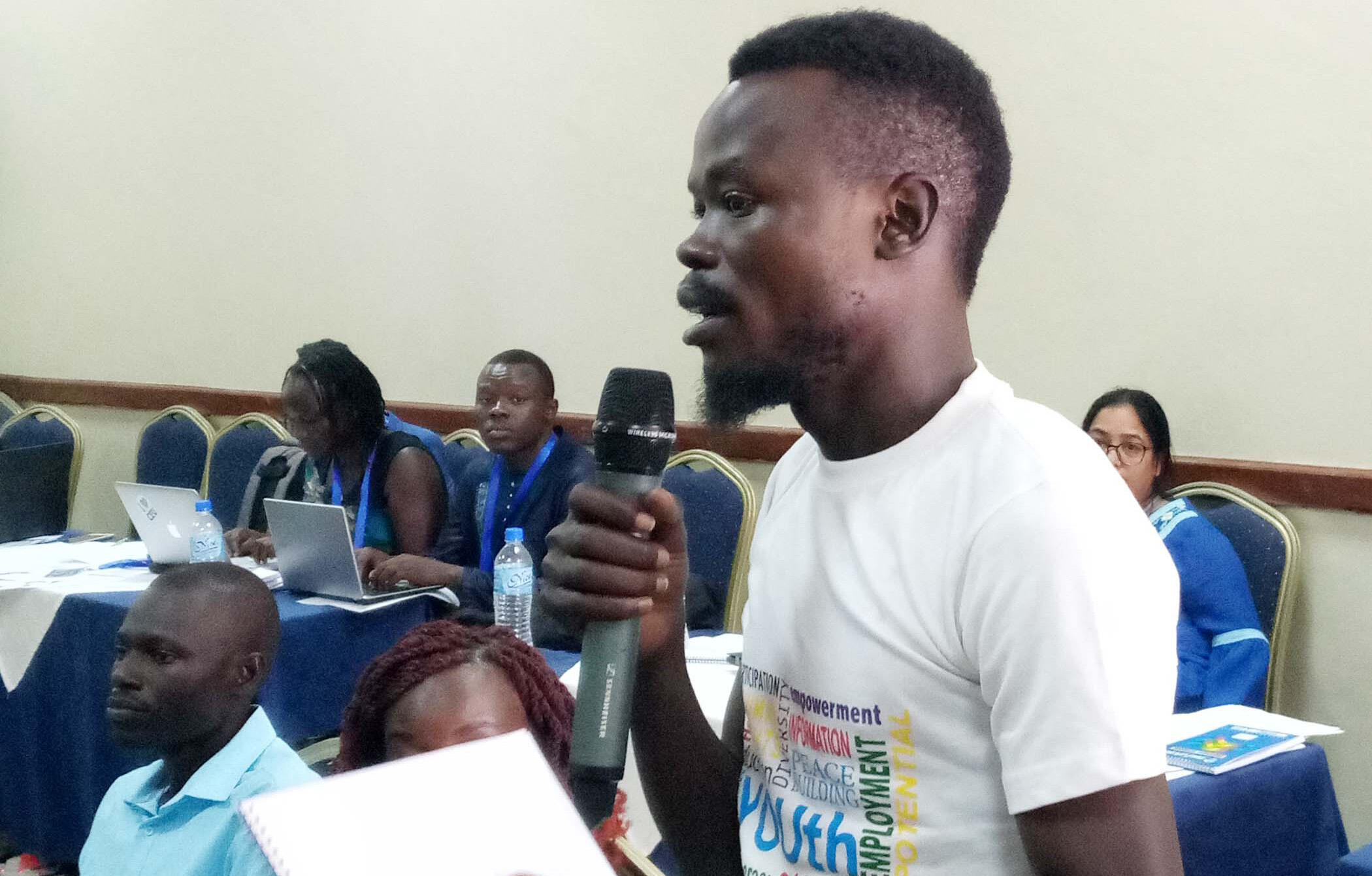Juba, South Sudan – Delegates to the first National Youth Conference called on the government and other humanitarian and development partners to uphold and promote adolescent and youth sexual and reproductive health and rights (SRHR) to enable them to effectively perform their role as agents of change for the country.
At the conclusion of the two-day National Youth Conference in Juba last August 30, the youth delegates emphasized their right to SRHR information and services to protect the country’s youth, especially young girls, from unwanted pregnancies, sexually-transmitted infections including HIV and AIDs, and from harmful cultural practices such as child and forced marriages, and other forms of gender based violence, which is prevalent in South Sudan.
The Juba Youth Declaration also urged all parties in South Sudan – government, NGOs, civil society and the UN – to actively engage the youth in national development and in the implementation of the Peace Agreement recently signed in the neighbouring Khartoum, Sudan.
UNFPA Country Representative Dr. Mary Otieno underscored the importance of investing in the health and education of young people to give them the opportunity to develop their full potential as the main drivers of change for the country, given their strength in terms of their number.
“Out of the 12.4 million population of South Sudan, 9.1 million are 30 years old and younger. If you come together for a common cause, you are a great force – use that to your advantage and begin change by starting with yourselves, in your communities, your schools, your churches, your workplaces. Be the change you want to see,” Dr. Otieno told the youth delegates at the closing ceremony of the conference.
“It is about time that everyone acknowledges that building peaceful, cohesive and resilient societies require the full and meaningful participation of young people. You can no longer be excluded from all efforts to prevent and resolve conflicts to bring peace and development to South Sudan,” she said.
Dr. Otieno lauded the conference for promoting UN Security Council Resolution 2419 on Youth, Peace and Security adopted last June, which calls for increased recognition of the role youth play in conflict prevention and resolution. It strengthens a similar resolution adopted in 2015 by recognizing the challenges posed by gender inequalities, discrimination and violence against young women.
UNFPA and UNESCO collaborated with the Ministry of Culture, Youth and Sports, the UN Mission in South Sudan and youth groups for the National Youth Conference, which served as a platform for youth representatives from various parts of the country to discuss how young people can be better engaged in the discussion of key national and state-level issues.
“Countries cannot develop sustainably without its young people,” said UNESCO Country Representative Sardar Umar Alam. “This is especially true for South Sudan given that over 70% of its population are of young people. Its young people are critical for its future.”


